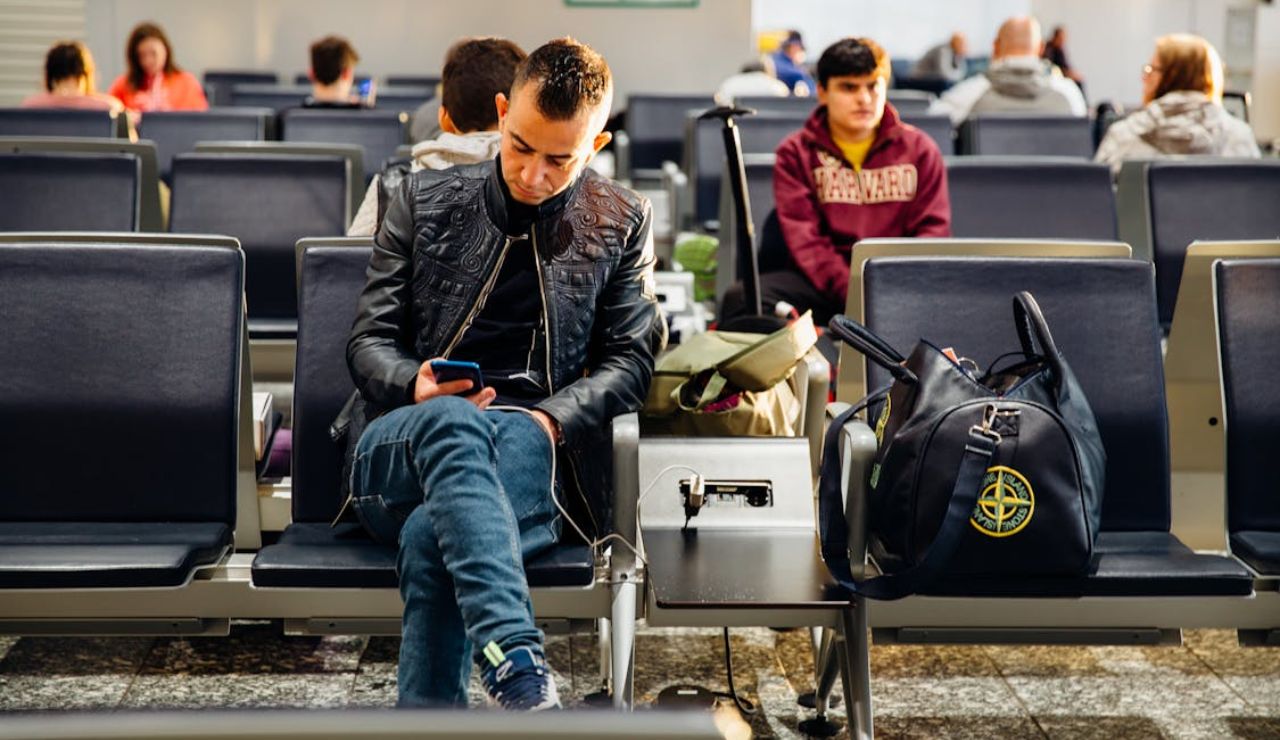New U.S. Visa Integrity Fee: What Every Traveler Must Know No

A new Visa Integrity Fee is coming into effect starting in late 2025 for most foreign nationals applying for nonimmigrant visas to the United States. Whether you’re planning a holiday, study program, or temporary employment, this change adds a new cost to your travel or professional plans. Understanding what this fee is, who must pay, and how it could affect your visa process is crucial as you plan your application or job move.
Who Has to Pay the Fee

The new $250 Visa Integrity Fee applies to almost all individuals applying for a U.S. nonimmigrant visa, including categories like tourists (B-1/B-2), students (F-1), skilled workers (H-1B), intracompany transferees (L-1), exchange visitors (J-1), and others. This fee is charged at the time the visa is issued. Those traveling under the Visa Waiver Program (such as visitors from the UK, Japan, Australia, and several European countries) for stays of up to 90 days are exempt. Additionally, some diplomats and certain other categories may be exempt from this fee.
How Much Is the Integrity Fee

For fiscal year 2025 (October 1, 2024-September 30, 2025), the Visa Integrity Fee is set at $250 for most nonimmigrant visa applicants. The Secretary of Homeland Security may raise the amount in subsequent years to account for inflation. This fee is in addition to standard application and processing fees and cannot be waived. Separately, some employer-sponsored categories (like H-1B and L-1) still require large, additional employer-paid fees ($4,000 for H-1B, $4,500 for L-1) under older laws, but these are not the new “Visa Integrity Fee” and only apply in specific employer situations.
Why the Fee Was Introduced

The stated purpose of the Visa Integrity Fee is to discourage visa misuse, reduce overstays, and better fund immigration enforcement. Funds collected will be used to support border security and to improve the processing and oversight of nonimmigrant visa programs. The move reflects rising scrutiny in U.S. immigration policy and places more financial responsibility on applicants for compliance.
Impact on Travel and Employment Timelines

Employers, recruiters, and visa applicants should anticipate updated costs and possible changes to hiring or travel plans as these fees become part of the budget. While the $250 fee may be modest compared to total application expenses, it comes on top of existing charges and could factor into employer or applicant decision-making. Since implementations and refund procedures are still being finalized, applicants are encouraged to plan ahead and closely follow government updates regarding timelines and requirements.
Who Is Exempt from the Fee

Exemptions from the Visa Integrity Fee include travelers entering the U.S. under the Visa Waiver Program for stays of 90 days or less, certain diplomats and officials, and some categories defined by bilateral or international agreements. While nonprofits, universities, and small employers with fewer than 50 U.S. employees may be exempt from certain higher employer-paid fees for H-1B and L-1 petitions, these exemptions do not necessarily apply to the new $250 Visa Integrity Fee, which mostly applies to nearly all nonimmigrant visa applicants. It is important to verify eligibility for exemptions through up-to-date government resources or qualified immigration advisors.
How to Avoid Surprise Costs

Request a full breakdown of all potential visa application costs from your employer or legal representative. Apart from the new integrity fee, application, processing, legal, and service fees can vary. Ensure that you are clear on what is required, have all payments documented, and check official instructions. Missing or unexpected charges can delay approvals or disrupt plans.
Where to Get Official Updates

The most reliable source for updates on visa fees, policy changes, and implementation details is the U.S. Citizenship and Immigration Services (USCIS) website. Rules may change quickly, so avoid relying on blogs or unofficial sources for timely information. When in doubt, consult a licensed immigration attorney for guidance on your specific needs.